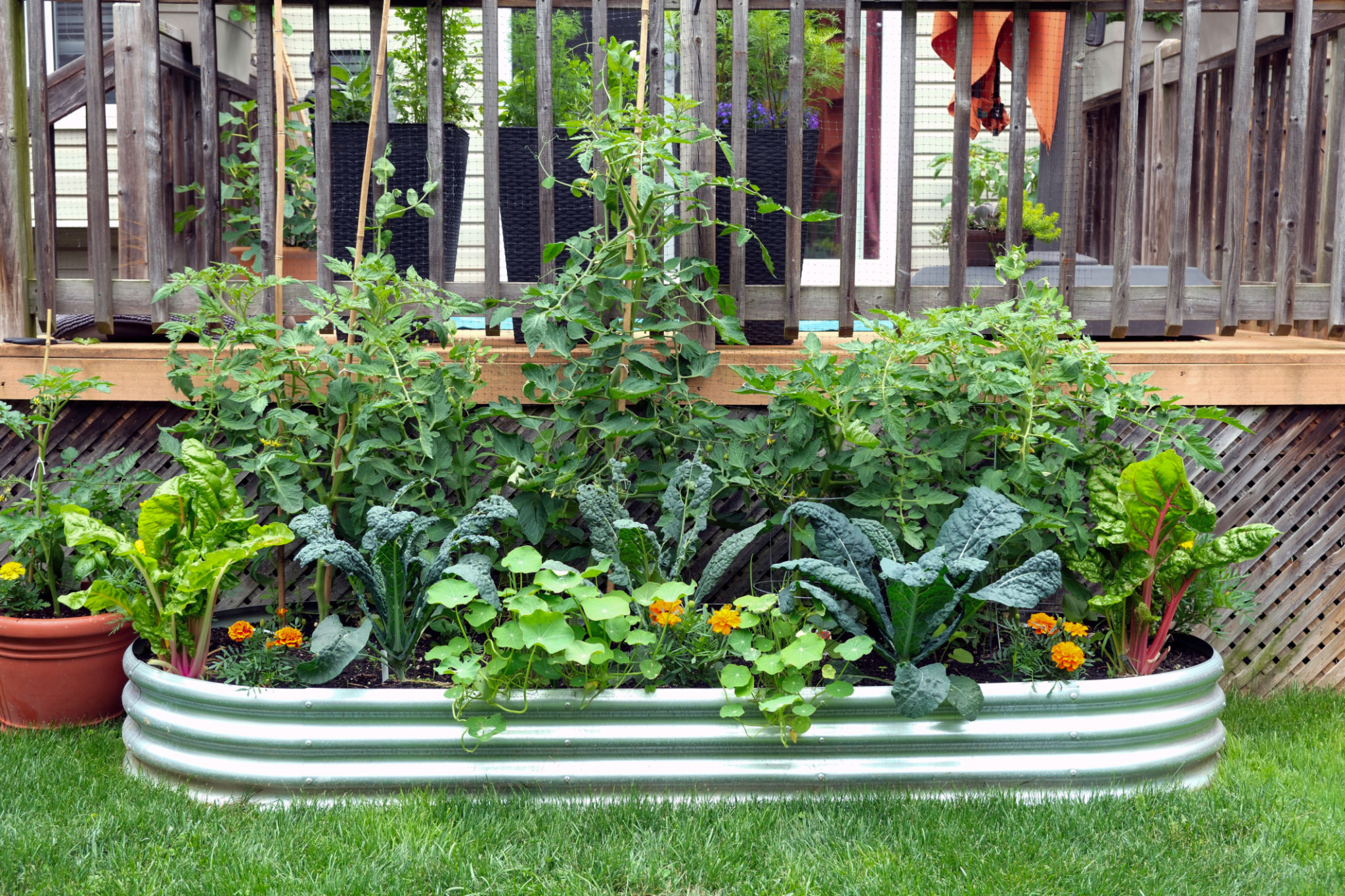Grow a Healthy Lifestyle: Easy At-Home Herb Gardening Tips and Benefits
Herb Gardening at Home: Grow Your Wellness, One Leaf at a Time
There’s something magical about stepping outside, plucking a sprig of fresh basil, and adding it to your dinner or tea. Beyond the joy of gardening, cultivating your own herbs can transform your health, your meals, and your sense of well-being. At Glow & Flow Holistics, we believe that nurturing plants nurtures you, too.

Why Herb Gardening Matters for Your Health
Herbs have been used for thousands of years as natural remedies and flavor enhancers. By growing your own, you know exactly how they were cultivated—no pesticides, no mystery chemicals, just pure goodness. Some top benefits include:
Boosted Immunity: Herbs like oregano, thyme, and rosemary are rich in antioxidants and compounds that support your immune system.
Improved Digestion: Mint, basil, and fennel can ease bloating, support gut health, and make mealtime more soothing.
Stress Relief & Calm: Lavender, chamomile, and lemon balm have calming properties perfect for teas or aromatherapy.
Fresh Flavor, Less Salt: Adding herbs to your meals helps you reduce salt intake without compromising taste.

How to Start Your Own Herb Garden at Home
The beauty of herb gardening is its flexibility; you can grow herbs whether you live in a sprawling house or a tiny apartment. Here’s a simple guide to get started:
1. Choose Your Herbs Wisely
Start with easy-to-grow favorites like basil, mint, chives, thyme, rosemary, or parsley. If you drink a lot of tea, consider chamomile or lemon balm.
2. Pick the Right Spot
Most herbs love sunlight. Place your garden near a sunny window, balcony, or patio where your plants can soak up at least 6 hours of light a day.
3. Use the Right Containers
You don’t need fancy pots—recycled containers, mason jars, or small planters with drainage holes work perfectly.
4. Choose Quality Soil
Opt for an organic potting mix for the healthiest herbs. Adding compost gives your plants an extra nutrient boost.
5. Water Mindfully
Most herbs prefer soil that’s slightly moist but not waterlogged. A light watering is usually best once the top inch of soil feels dry.
6. Harvest Regularly
Pinch back leaves as your herbs grow. This encourages new growth and ensures a steady supply of fresh leaves.

Holistic Benefits Beyond the Kitchen
Caring for plants can be therapeutic. The act of tending an herb garden:
Reduces stress and boosts mood through daily mindfulness.
Encourages healthy routines as you connect with nature.
Creates a sustainable way to support your wellness journey.
Final Thoughts
Herb gardening is more than a hobby; it’s a lifestyle shift toward mindful living, fresh flavors, and natural healing. Whether you’re adding mint to your smoothie, brewing chamomile tea before bed, or inhaling the scent of fresh rosemary, your garden becomes a partner in your holistic wellness. As we like to say at Glow and Flow Holistics, if you nourish your glow, you will align your flow. Happy gardening!